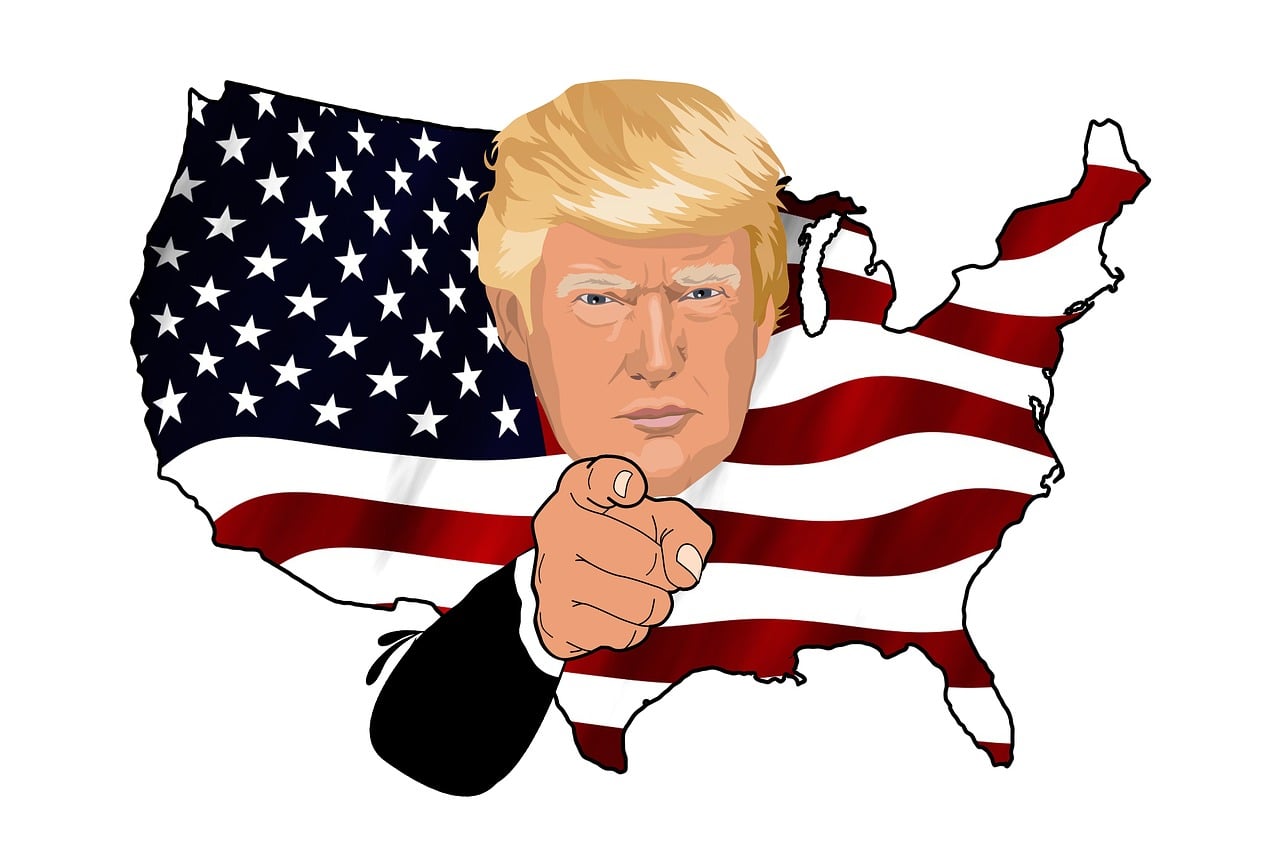Trump Would Accept Foreign Op Research, But That’s Probably Not Illegal; Truthful Information Might Be In Public Interest, and Protected by First Amendment
WASHINGTON, D.C. (June 13, 2019) – Many are arguing that President Donald Trump‘s statement that he would at least listen to opposition research offered by a foreign country or national constitutes endorsing a federal crime, but that may not be true, says public interest law professor John Banzhaf, who notes that disclosure of this information would probably be protected by the First Amendment.
Q1 hedge fund letters, conference, scoops etc
Federal law governing foreign contributions to US campaigns provides that "It shall be unlawful for a foreign national, directly or indirectly, to make a contribution or donation of money or other thing of value . . . in connection with a Federal, State, or local election." [52 U.S. Code § 30121] It also makes it unlawful for "a person to solicit, accept, or receive a contribution or donation" as described above.
Although the phrase "a contribution or a donation of money or other thing of value" establishes that the prohibition include contributions other than cash, stocks, etc., it is not at all certain that "thing of value" includes mere information. More likely, it was meant to include other valuable things with some clear monetary value such as providing transportation on a private airplane, providing a person to work with the campaign, operating a phone bank, presenting a detailed list of possible donors, etc.
Indeed, if the mere solicitation of a thing of value from a foreign national can constitute a crime, those Trump associates who have already admitted to meeting with a Russian in the hope of obtaining "dirt" for possible use in the campaign arguably could be charged with a crime simply for soliciting the information, but only if the "thing of value" in the statute included just such information. Since the law makes disclosure a felony only if it involves something worth $25.000 or more, how could a prosecutor ever prove beyond any reasonable doubt the "value" of any particular piece of derogatory information?
Further, the exchange of mere information constitutes speech, and any attempt to criminalize speech is severely restricted by the First Amendment.
While some speech in the form of disclosures of mere information can and indeed has been criminalized - e.g., insider information involving stock transactions, willful disclosure of certain classified information - courts under what is called the "Clear Statement Rule" have usually insisted that any such attempts by Congress to criminalize pure speech must be very clearly spelled out in statutory language, and not simply what judges might or might not infer from a vague phrase like "other thing of value.
Indeed, it's not clear that the mere disclosure of "dirt" on a candidate by a foreign national could constitutionally be made a criminal act. For example, if a Norwegian national knew that a major presidential candidate had been convicted of a felony, and desired for any reason to let the public know by disclosing it to another candidate or to the media, it's hard to see how criminalizing disclose of that obviously important and relevant fact could be consistent with the First Amendment.
On the contrary, any such information may be of significance to many voters, so we would probably want it to be made available to the public, no matter the source or the motive for disclosure.
In short while the word "colluding" has very negative connotations, and "colluding with the enemy" might be a very serious charge from a political and public relations point of view, it might not be enough to establish a crime under our election law - although lying about it to a federal agent, or falsifying information about it on a federal form, would in most cases be a criminal act, says Banzhaf.
JOHN F. BANZHAF III, B.S.E.E., J.D., Sc.D.
Professor of Public Interest Law
George Washington University Law School,
FAMRI Dr. William Cahan Distinguished Professor,
Fellow, World Technology Network,
Founder, Action on Smoking and Health (ASH),
2000 H Street, NW, Wash, DC 20052, USA
(202) 994-7229 // (703) 527-8418
http://banzhaf.net/ jbanzhaf3ATgmail.com @profbanzhaf





